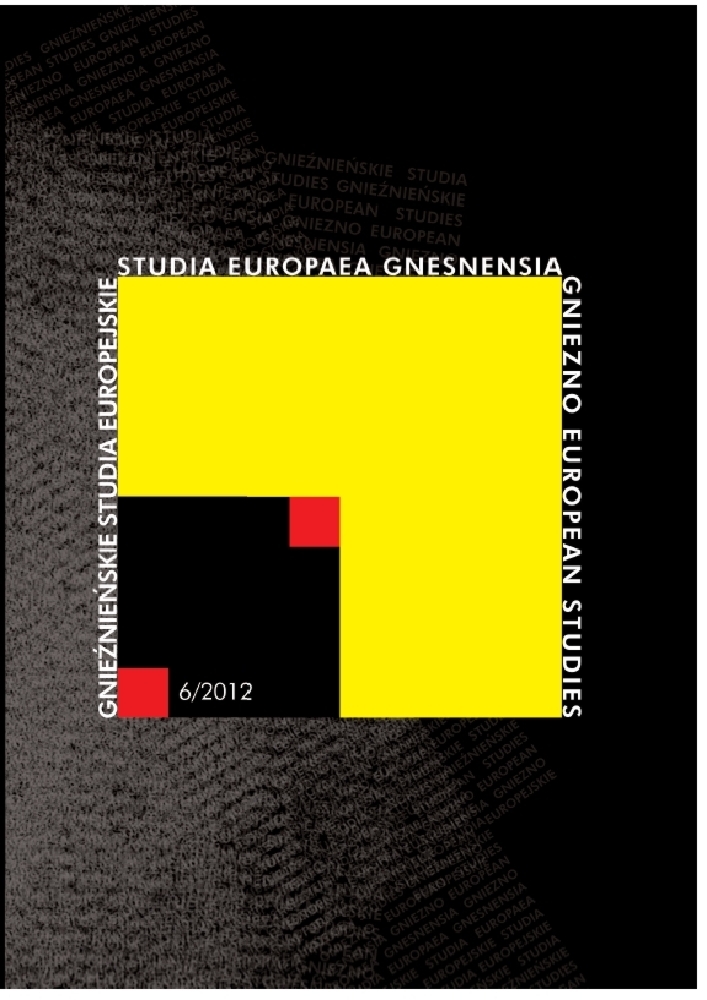Abstract
This presentation concerns the problem of the social withdrawal of the Jews in other communities both now and in the past. The life in the diaspora brought about a certain amount of tension conditioned by economic, political, social, moral, national or religious factors. There emerged various attitudes of non-Jews towards the Jews customarily called anti-Semitism, anti-Judaism, anti-Jewishness as well as anti-Zionism. All the aforementioned phenomena have common grounds: such was the price of constructing, protecting, preserving and developing one’s identity in a strange community. There are, however, essential differences between these phenomena and this is usually forgotten. Consequently, any attempt at subsuming all of them under the term ‘anti-Semitism’ is unfounded and unjustifiable. The presentation aims first and foremost at characterising the above phenomena and particularly the differences and similarities between them as this affects their proper understanding and evaluation.
Literaturhinweise
Almog L.S. (red.), Antisemitism through the Ages, Oxford–New York 1988.
Bańko M. (red.), Słownik języka polskiego, 1, Warszawa 2007.
Ben-Chorin Sz., Fratello Ges.. Un punto di vista ebraico sul Nazzareno, Brescia 1985.
Chodkiewicz M.J., Żydzi i Polacy 1918–1955. Współistnienie — Zagłada — Komunizm, Warszawa 2001, s. 472.
Górny G., R. Tichy (red.), Bóg, Biblia, Mesjasz, Rozmowa z księdzem profesorem Waldemarem Chrostowskim, Warszawa 2006, s. 397–398.
Górny G., R. Tichy (red.), Kościół, Żydzi, Polska. Rozmowa w księdzem profesorem Waldemarem Chrostowskim, Warszawa 2009, s. 9–10.
http://7dni.wordpress.com/2006/11/21/antysemityzm-w-polsce-i-na-swiecie/.
http://www.polityka.pl/historia/254099,1,antysemityzm.read.
Poliakow L., Geschichte des Antisemitismus, 8, Franfurt/Main 1988.
Schoeps J.H. (red.), Nowy leksykon judaistyczny, Warszawa 2007.
Zolli E., Historia antysemityzmu, Kraków 2010.
Lizenz
Copyright © 2012 by IKE and PTPN
